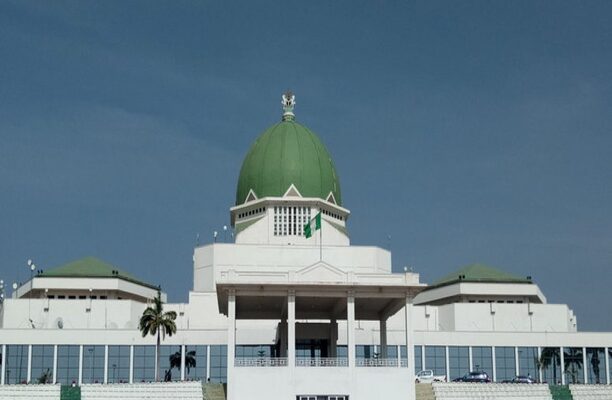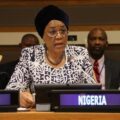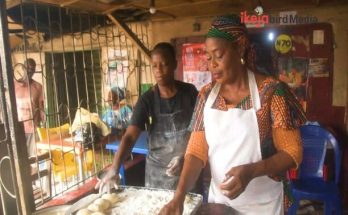By Chiagoziem Abosi
Edited by Ezennia Uche
As lawmakers push to move Nigeria’s next general elections to November 2026, residents of Ikeja weigh in on readiness, trust, and what early polls could mean for democracy.
If you thought you had until early 2027 before campaign jingles returned, think again.
The National Assembly has proposed shifting Nigeria’s general elections from February/March 2027 to November 2026 — roughly six months earlier than usual.
Lawmakers say the reason is simple: to ensure all election disputes are settled before May 29, 2027, when new leaders will be sworn in.
The change is part of the Electoral Act (Amendment) Bill 2025, which also seeks to adjust timelines in Sections 285 and 139 of the Constitution.
Under the new rule, presidential and governorship elections would hold not later than 185 days before the end of an incumbent’s term.
If the bill passes, the 2027 presidential and governorship polls, along with legislative elections — would take place in November 2026.
Reactions in Ikeja
On the streets of Ikeja, residents expressed mixed feelings about the plan.
“They can move the date to tomorrow if they like,” said Adebayo Olamide, a software engineer. “My only concern is whether INEC will be ready. Last election, we waited hours for ballot papers.”
Chiamaka Nwosu, who runs a phone accessories shop at Computer Village, added: “They should fix the Electoral Act first before new dates. We just want transparency.”
Tunde Abiodun, a civil servant, cautioned: “Every election they say it’ll be better. Let’s not hurry into another round of problems.”
And Funke Adeyemi, a fashion designer, summed up a common sentiment: “Whether November or February — just make our votes count.”
Civil Society and INEC Responses
The Centre for Democracy and Development (CDD) has described the proposal as a welcome idea if it helps reduce post-election tension and ensures petitions end before new governments take office.
At a public hearing, INEC Commissioner Prof. Abdullahi Zuru said many of the proposed reforms — especially around electronic transmission and early voting — would “enhance electoral credibility” and reduce pressure on the courts.
However, he noted that shifting the timeline would require “significant operational adjustments.”
Meanwhile, the African Democratic Congress (ADC) warned lawmakers not to turn Nigeria into a nation of “endless campaigns,” arguing that constant political activity could distract from governance.
The Bottom Line
If approved, Nigeria’s next general elections will hold in November 2026, reshaping the country’s political calendar.
But on the streets of Ikeja, one priority remains clear: Nigerians want credible elections, not just earlier ones.
“Let’s get it right — not just fast,” said one resident.








